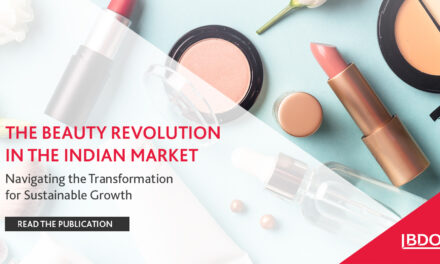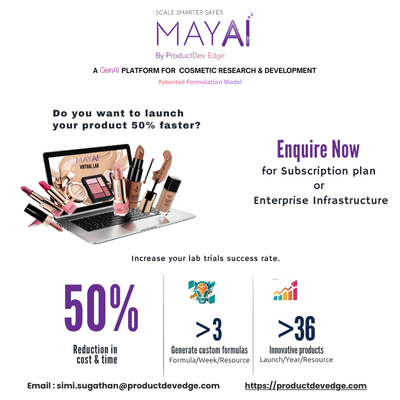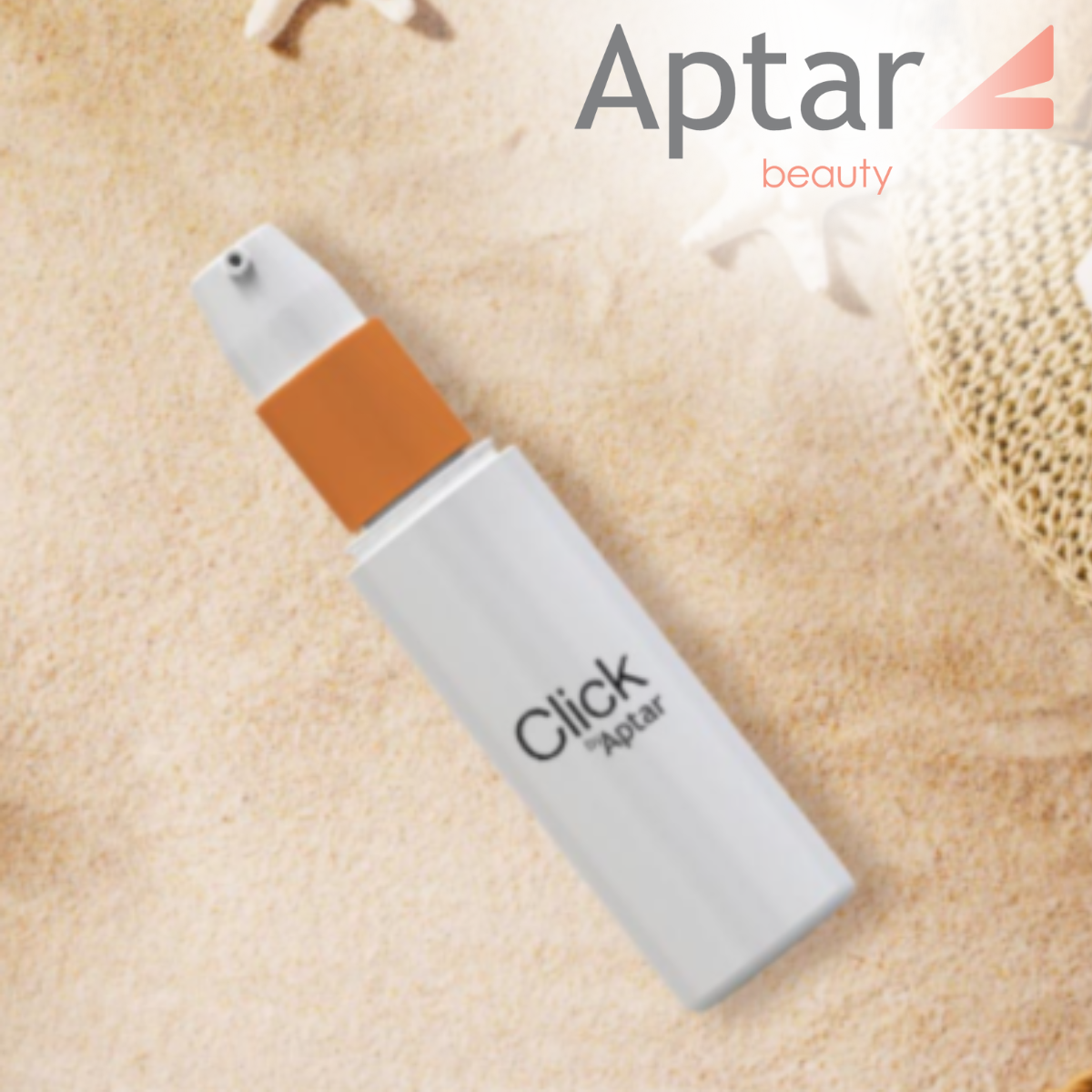Top Brand Faces Backlash Over AI-Generated Models

Fashion giant Guess is under fire after unveiling a new ad campaign featuring AI-generated models in the August issue of Vogue, sparking widespread criticism across social media and the fashion industry. The campaign, created by London-based AI agency Seraphinne Vallora, introduced two synthetic avatars—Vivienne and Anastasia—designed to embody the brand’s signature “Guess girl” aesthetic.
While the ad included a small disclaimer noting its AI origins, many readers missed it entirely. The hyper-realistic visuals led to confusion, outrage, and accusations of misleading representation. TikTok creators and fashion influencers condemned the move, with some calling for boycotts and others cancelling their Vogue subscriptions.
“We want to look at real people in magazines,” one viral post declared, echoing concerns about the erosion of opportunities for human models and creatives. Critics also slammed the campaign for perpetuating unrealistic beauty standards, arguing that the flawless, algorithmically perfected avatars could negatively impact body image and self-esteem—especially among young women.
Guess co-founder Paul Marciano defended the decision, calling it a “creative experiment” and insisting that human models remain central to the brand’s identity. He emphasized that future campaigns will feature real faces and dismissed the backlash as “opinions” that wouldn’t dictate the brand’s direction.
Seraphinne Vallora’s founders stated that their AI models are meant to “co-exist” with traditional fashion photography—not replace it. They acknowledged limitations in diversity and realism, noting that plus-size and ethnically varied avatars are still in development.
The incident has reignited debates around ethics, consent, and representation in fashion’s AI frontier. Who owns the likeness of an AI model? What happens when synthetic beauty becomes the norm? And how will this shift impact the livelihoods of real models, stylists, and photographers?
The Guess controversy over AI-generated models is more than a fashion faux pas—it’s a signal flare for the beauty and cosmetics industry. As AI avatars and synthetic influencers enter mainstream campaigns, the ripple effects could reshape everything from brand ethics to consumer psychology. Here’s a breakdown of the key implications:
- Redefining Beauty Standards
– Hyper-perfection: AI models often reflect idealized, algorithmically “perfect” features—flawless skin, symmetrical faces, and unattainable proportions. This could intensify pressure on consumers and distort perceptions of real beauty.
– Homogenization risk: Without diverse datasets, AI avatars may reinforce narrow beauty norms, marginalizing underrepresented skin tones, body types, and age groups.
- Impact on Real Talent & Creatives
– Model displacement: Human models, makeup artists, and photographers may face reduced demand as brands opt for cost-effective, AI-generated visuals.
– Loss of authenticity: Consumers increasingly value real stories and lived experiences. Overuse of synthetic personas could erode brand trust and emotional connection.
- Ethical & Regulatory Challenges
– Disclosure dilemmas: If AI models aren’t clearly labeled, brands risk misleading consumers—potentially violating advertising standards.
– Consent & likeness: Who owns the face of an AI model? What happens if it resembles a real person? These questions raise legal and ethical concerns.
- Marketing & Engagement Shifts
– Personalization vs. alienation: While AI can tailor product recommendations and virtual try-ons, synthetic influencers may feel impersonal or manipulative if not handled with care.
– Virality vs. backlash: AI campaigns can go viral—but also spark outrage. Brands must weigh innovation against reputational risk.
- Opportunity for Thought Leadership
– Brands that embrace ethical AI, promote diverse representation, and maintain human-centric storytelling can stand out.
– Indie and D2C players have a chance to lead with transparency, showcasing real creators and inclusive beauty narratives.
Subscribe to our free newsletter to read the latest news and articles before they are published.










Subscribe To Our Newsletter
Join our mailing list to receive the latest news and updates from The Cosmetics industry
You have Successfully Subscribed!